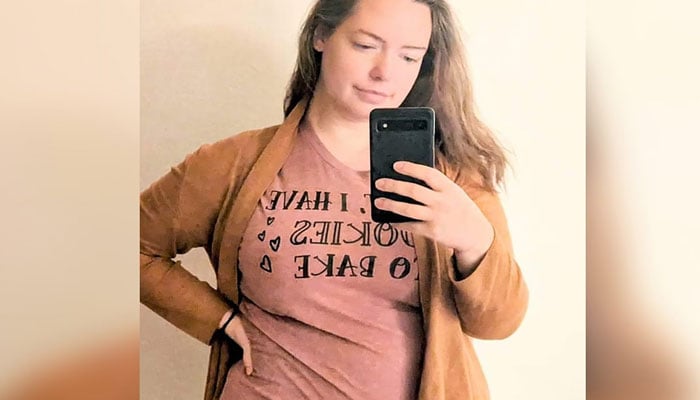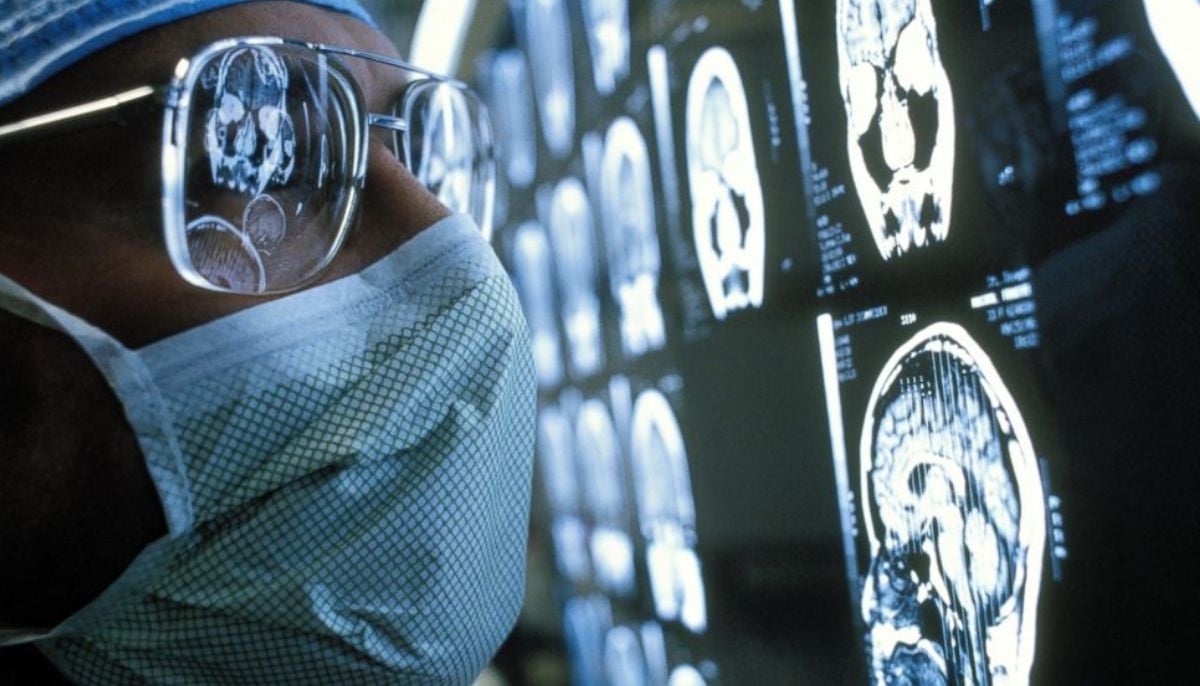New unique weight loss procedure helps woman lose 60 pounds
Revolutionary treatment, called endoscopic ablation, targets ghrelin, "hunger hormone" that makes us feel hungry
A new weight loss treatment has helped a woman lose an amazing 60 pounds.
Brooke Nelson received the treatment. She is happy with the result of the procedure.
Brooke once weighed over 200 pounds. Appearing on Good Morning America, she shared her story. She talked about how a new medical treatment helped her feel differently about food.
This treatment, called endoscopic ablation, works by reducing a hormone that makes us feel hungry. With less of this hormone, people eat less and feel more in control of what they eat.
The treatment, called endoscopic ablation, targets ghrelin, the "hunger hormone" that makes us feel hungry. By reducing the hormone, the treatment helps people eat less and feel more in control of their eating.
"The constant just wanting of food has drastically decreased," she told the outlet. "There's still moments where I want a chocolate chip cookie, but there's a lot more moments when I find myself wanting something like greens."
Dr Christopher McGowan, a specialist in stomach problems, created the procedure. "We do have patients who are a year or more beyond their initial procedure, and what we are seeing is that they continue to have a diminishment, decrease in hunger [and] continue to report greater control over eating," he said.
"For patients who might be afraid of surgery, this may be more acceptable," he said of endoscopic ablation."
He tested it on 10 women and they lost an average of 7% of their body weight. The treatment is less invasive than traditional weight loss surgery and has fewer risks.
During the procedure, a camera is inserted through the mouth into the stomach. Fluids are used to protect the stomach tissue. Then, a small device burns the top layer of the stomach where the "hunger hormone" is made. This reduces the hormone's production, making people feel less hungry.
"Risks of this technology could include things like ulcers, bleeding, somehow injuring the stomach. These were things we were really careful about," he told GMA.
"In this case, everything was mild and that was the cramping and gas and nausea, things you'd expect when you'd perform a procedure on the stomach. But there were no complications whatsoever."
Dr McGowan will share the results of his study at a medical conference. The procedure needs more testing before it is made available to people. But the initial results are promising.
-
Selma Blair explains why Multiple Sclerosis 'isn't so scary'
-
Can brain stimulation make people kinder & less selfish? New study offers hope
-
Mariah Carey details 'hardest' bipolar disorder experience
-
Pink reveals health routine for asthma management
-
Gigi Hadid talks about 'relieving tension' amid having Hashimoto's disease
-
Selena Gomez explains why she thought lupus was 'life-or-death'
-
How Kim Kardashian made her psoriasis ‘almost’ disappear
-
Nick Jonas gets candid about his type 1 diabetes diagnosis












